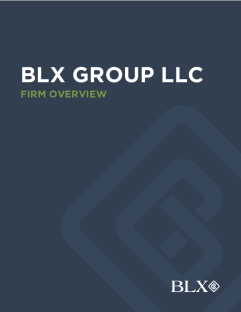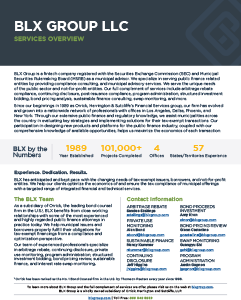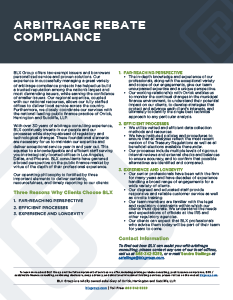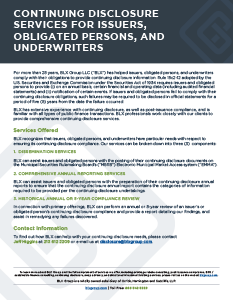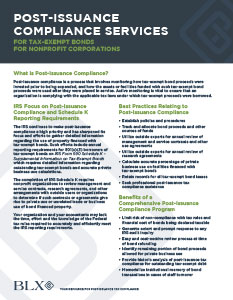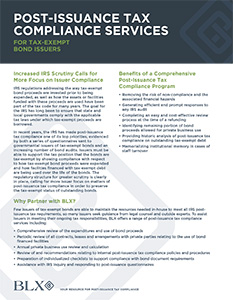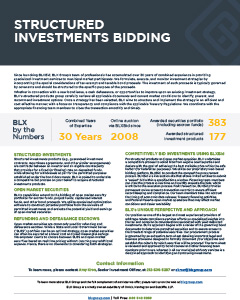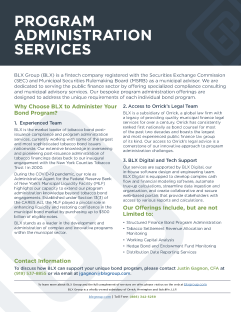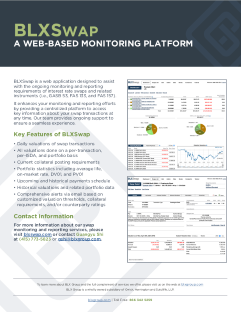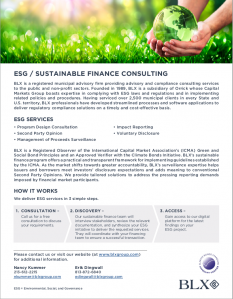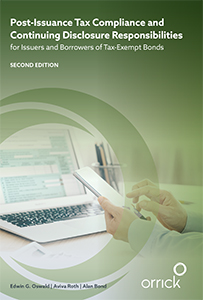
Tax Alert: IRS REV PROC 2016-44
September 1, 2016
The Internal Revenue Service has relaxed the existing formulaic safe harbor requirements for contracts for services performed in tax-exempt bond-financed facilities. Management contracts and other use agreements may give rise to private business use, which in the aggregate cannot exceed 10% per bond issue for governmental bonds and 5% per bond issue for qualified 501(c)(3) bonds.
Revenue Procedure 2016-44 (the “Revenue Procedure”), released on August 22, 2016, eliminates the various detailed safe harbors involving length of term, termination rights, and limits on non-fixed compensation set forth in Revenue Procedure 97-13, as amplified by Notice 2014-67. In their place, the new safe harbor provided in the Revenue Procedure applies a series of principle-based tests rather than a series of mechanical tests.
The effective date of the Revenue Procedure is August 22, 2016, but issuers and borrowers may choose to apply it to contracts entered into before August 22, 2016. Issuers and borrowers may also apply Revenue Procedure 97-13, as amplified by Notice 2014-67, to a contract entered into before August 18, 2017, provided it is not materially modified or extended on or after August 18, 2017 (other than pursuant to certain legally enforceable renewal options).
The Revenue Procedure offers issuers and borrowers new flexibility in structuring service contracts involving bond-financed facilities. The safe harbor provided by the Revenue Procedure is available for management contracts that meet the following requirements:
- The contract must not provide the service provider with a share of “net profits” from the managed property.
- The compensation of the service provider must be “reasonable.”
- The contract term may not exceed the lesser of 30 years or 80% of the weighted average reasonable expected economic life of the managed property.
- The service provider may not share in the burden of bearing net losses from the operation of the managed property or the risk of loss if the property is damaged or destroyed.
- The issuer or borrower must exercise a significant degree of control over the use of the managed property, meaning approval of the annual budget of the property, capital expenditures, and each disposition of property, rates charged for the use of the property, and general nature and type of use.
- The service provider must agree that it is not entitled to and will not take a tax position inconsistent with its role as manager of the financed property (e.g., take depreciation with respect to the property or deduct any payment as rent with respect to the managed property).
- Finally, the ability of the issuer or borrower to exercise its rights under the contract must not be limited by its relationship with the service provider. The Revenue Procedure offers a safe harbor based on lack of overlapping governance and shared officers.
Due to the lack of technical specifics in the Revenue Procedure, issuers and borrowers must carefully navigate these principle-based concepts to ensure that service contracts do not result in private business use.
To view the Revenue Procedure, CLICK HERE.
For more information on how the Revenue Procedure could impact your organization or for other questions on post-issuance tax compliance, please contact us.
Alan Bond
[email protected]
212.506.5275

